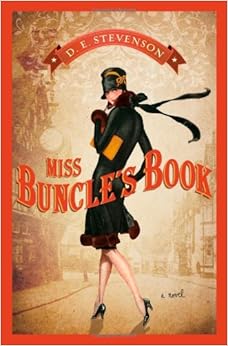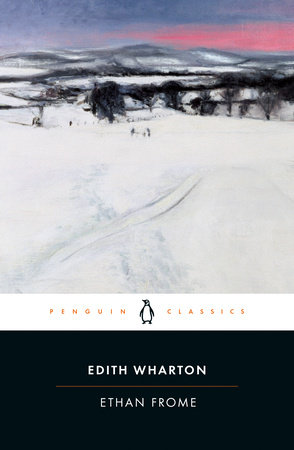The two Tulliver children are a study in contrasts. Maggie is clever and impulsive; she often acts rashly, then as quickly repents. She has a passionate nature, intense feelings, and a need to love and be loved. Tom, on the other hand, is not as clever or sensitive as his younger sister, though he is handsome. Honor and respectability matter to him. And he has a strong sense of justice and of his own rightness, which, at times, can make him a bit cold and heartless. But he does love his sister.
As Maggie grows into a lovely young woman, two men fall in love with her. Only the first is Wakem's son, a young man that Maggie has promised her brother never to speak to again, and the second is her cousin's fiancee. Though grown up, Maggie is still impulsive and passionate, and she struggles to reconcile her feelings for these two young men with what she feels she owes both her brother and cousin.
"...life is very difficult! It seems right to me sometimes that we should follow our strongest feeling ... But I see there are things we must renounce in life; some of us must resign love. Many things are difficult and dark to me, but I see one thing quite clearly: that I must not, cannot, seek my own happiness by sacrificing others."In The Mill on the Floss, Eliot manages to chronicle two ordinary, rather provincial lives from childhood into adulthood and make them extraordinary. Especially Maggie's. Though sad, her story is memorable and moving. And while I can't say that she's my favorite literary heroine, I will never forget her.
Maggie's destiny, then, is at present hidden, and we must wait for it to reveal itself like the course of an unmapped river; we only know that the river is full and rapid, and that for all rivers there is the same final home.
This is the last of my June rereads, so it's on to new books next week.







